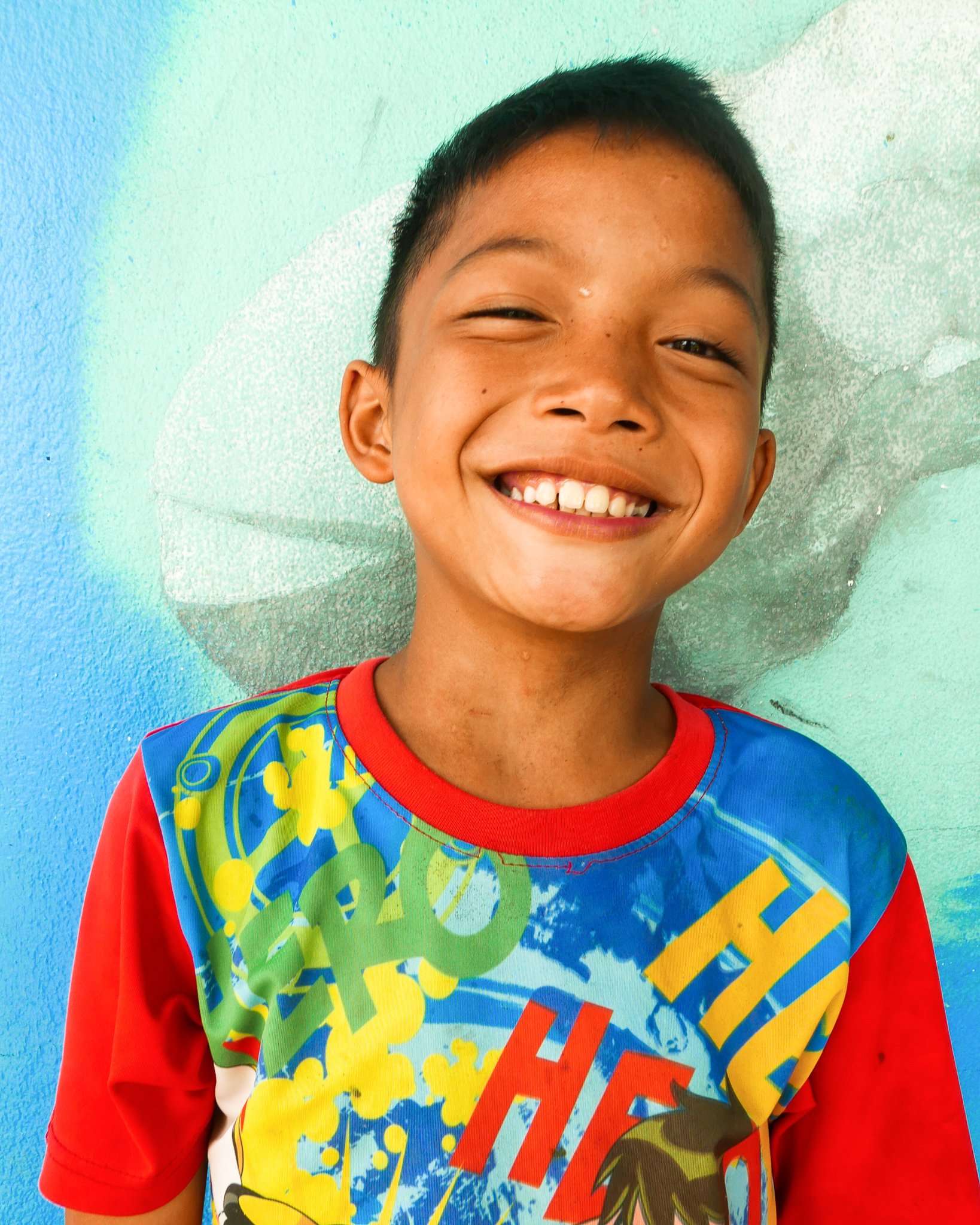Globally consumed at the rate of two billion cups a day, coffee is the world’s second most traded commodity. The market pressures that result from this high demand can push producers to commit labor rights abuses as severe as human trafficking. This is a concern especially in regions affected by poverty, where vulnerable communities are more susceptible to exploitation. In order to minimize human rights violations within this industry, it is up to us, the consumers, to demand products that hail from a fair, transparent supply chain. We have the power and responsibility to hold enterprises accountable and call for a shift in labor practices.
That’s why I’m leading the Conscious Coffee Project. Sponsored by the Anti-Trafficking Coalition at Berkeley, Conscious Coffee is an effort to foster a supportive network of cafes near the UC Berkeley campus that sell ethically sourced coffee. We will feature this network on a website and app geared toward students, both of which will serve as informational tools while operating through a financial incentive– users who frequently shop within the network can earn rewards like a free cup of coffee from their favorite cafe
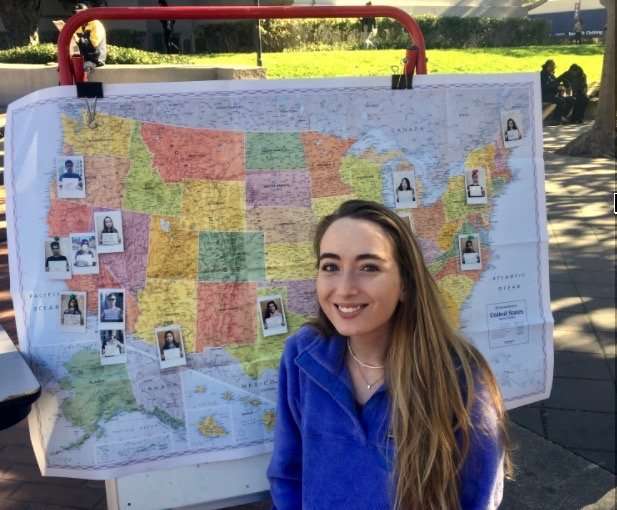
Because human trafficking is such a huge, complex phenomenon, it can be difficult to figure out how to work toward its eradication in a meaningful way. My internship at Not For Sale this semester has taught me that it is not enough to throw money at a cause, trying to fix the problem after the damage has already been done. We must seek innovative solutions to prevent vulnerability to exploitative situations from taking root in the first place. As consumers and changemakers, our voices and minds are integral to the abolition movement. Together, through entrepreneurship, innovation, and technology, let’s stand up for our values and make a sustainable impact!
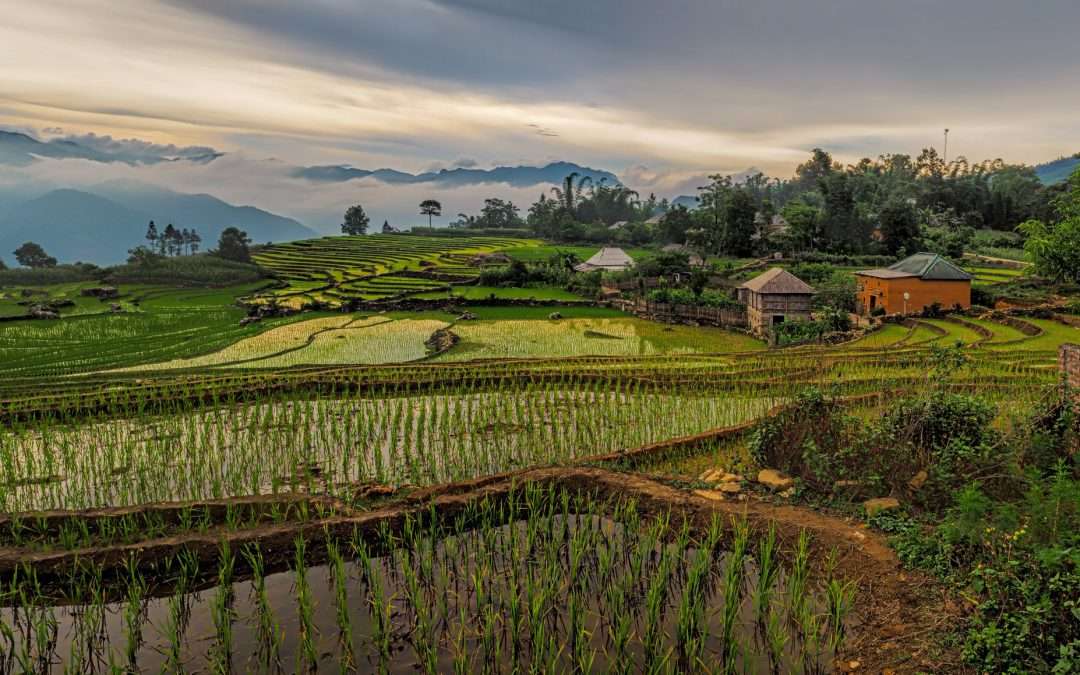
Morphing
Has COVID-19 slowed down the global trade in human beings? With the world reeling from the impact of the coronavirus, we should be seeing a glimmer of hope in this fight against trafficking. After all, in this current situation the movement of people is much more...
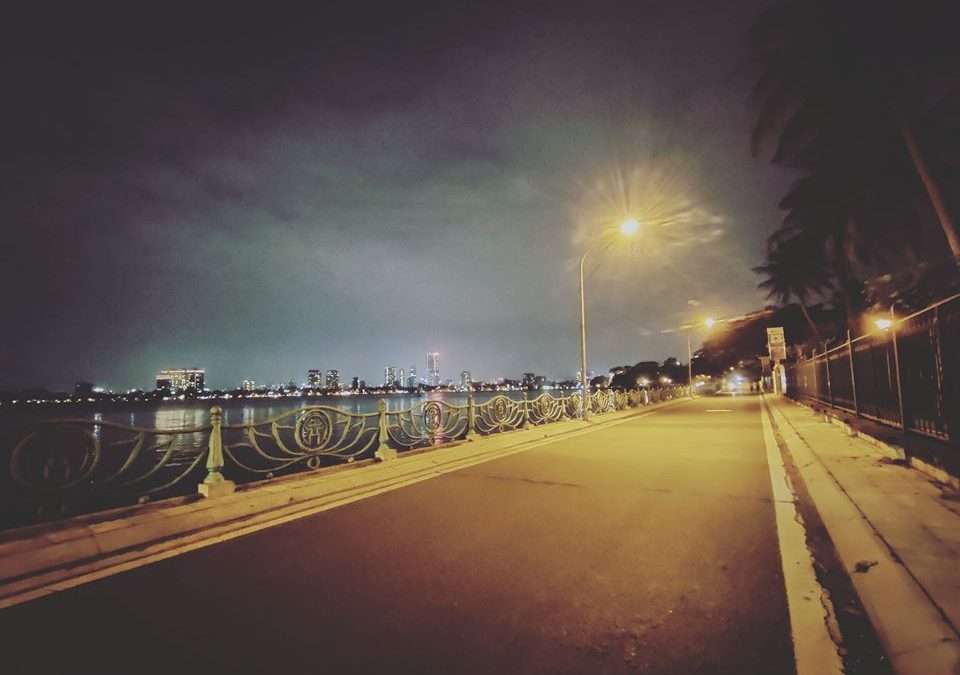
Lockdown
Ha had been trafficked and sold; every moment of her life was terrifying. Then her city went into a pandemic lockdown, and suddenly everything became worse. Before all this, a ‘lockdown’ happened during terrorist incidents and bomb scares. Now they’re a part of...

A Shocking Revelation
Anh’s rescue seemed like a miracle. But at the time she crossed the border back into Vietnam, none of us knew that even greater surprise was yet to come. Anh was taken and sold to a trafficking ring when she was 13, and has spent the last 5 years trapped in a forced...

NFS Vietnam – After lockdown, a narrow escape
Alang and Chue were glad to see the end of Vietnam’s lockdown. The two young men live in one of the many isolated villages dotting the border region of Vietnam close to China. Now aged 19 and 20, they had grown up together under the magnificent open skies of their...
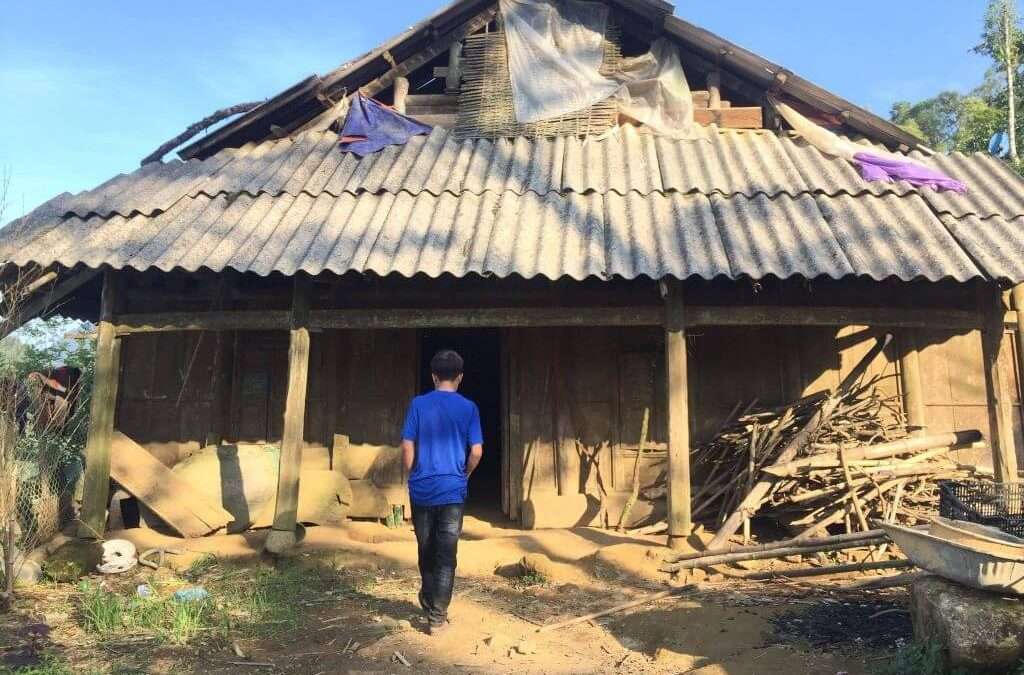
NFS Vietnam – The Chance
Phi ran away from home as soon as he could. For 3 weeks, during Vietnam’s pandemic lockdown, he was inside his family’s timber shack with its dirt floor and asbestos roof, high up in the mountains of northern Vietnam. Phi’s family is desperately poor, and what little...
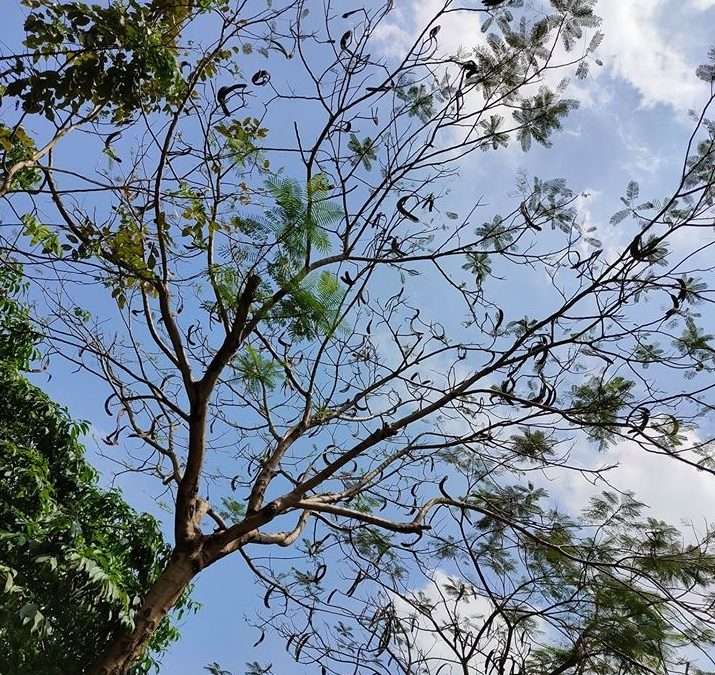
NFS Vietnam – Your Little Bit
It’s hard to NOT feel like the world is broken. For months we’ve been struggling with a global pandemic that has so far claimed over 370,000 lives, shut down countries, decimated whole sectors of the economy, and sparked deep divisions in places where people cannot...

